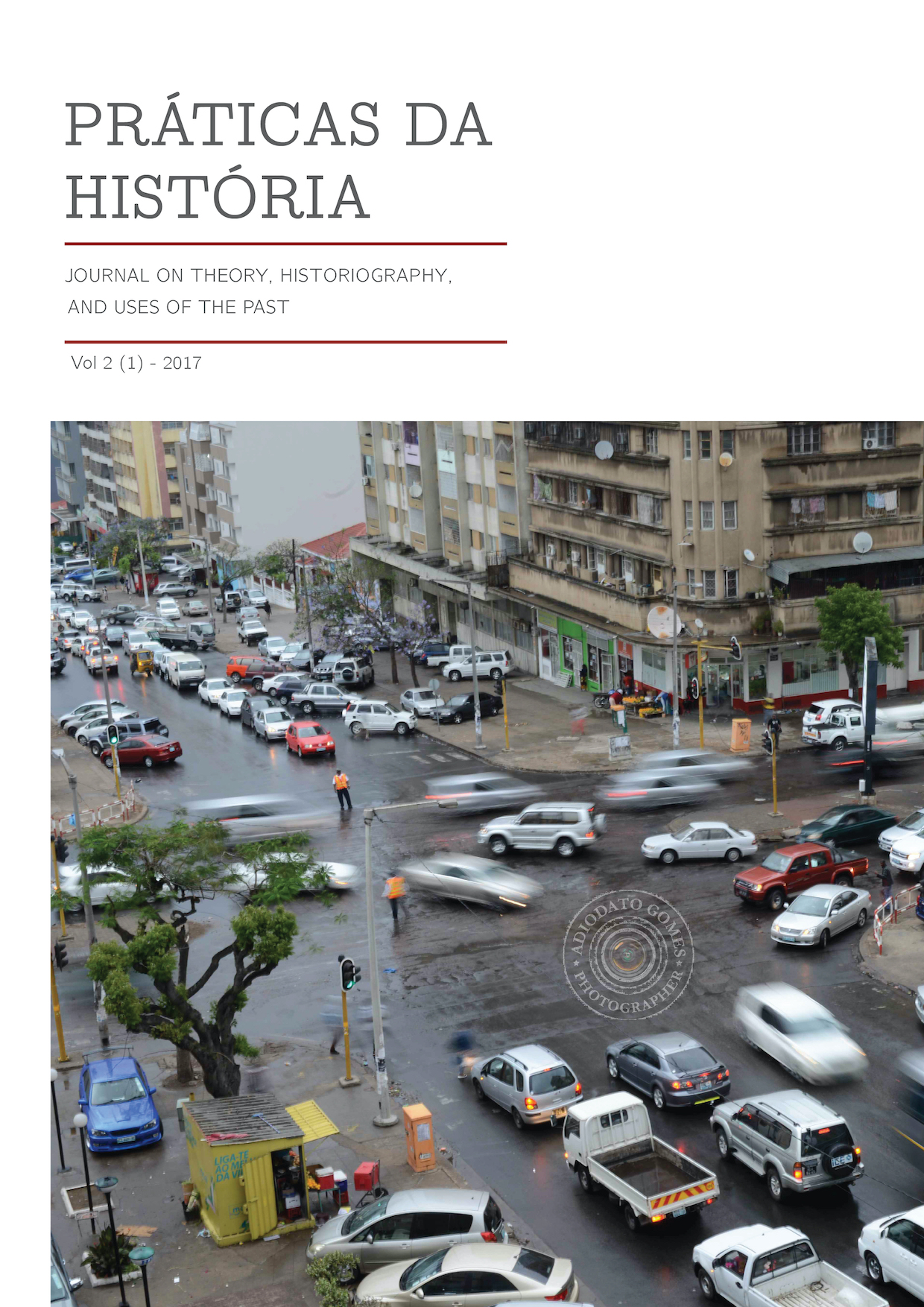Da arqueologia do saber aos arquivos coloniais. O arquivo como dispositivo colonial de violência epistémica
DOI:
https://doi.org/10.48487/pdh.2016.n3.23072Palavras-chave:
arqueologia, arquivo, estudos subalternos, governamentalidade, história colonialResumo
Neste artigo procuraremos problematizar o arquivo como lugar de cruzamento de matrizes epistemológicas e jurídico-políticas, bem como mostrar como o arquivo tem caracterizado a modernidade europeia e o seu projecto de expansão colonial nos mundos extra-europeus. Num primeiro momento, concentrar-nos-emos no modo como o arquivo se liga aos processos de extracção e registo de saberes, para permitir certas formas de governo. Sobre esse pano de fundo, problematizaremos de seguida o arquivo colonial tomado na sua especificidade, analisando as suas relações com as formas de violência epistémica que estão ligadas a partir de duas perspectivas diferentes: a primeira debruça-se sobre o que nos arquivos coloniais permanece em si mesmo inacessível, por um gesto de silenciamento que, no entanto, produz efeitos signifi- cativos sobre o estado dos próprios arquivos. A segunda concentra-se nas formas como os arquivos coloniais reflectem constantemente uma ansiedade relacionada com uma incompatibilidade entre os planos de governamentalidade colonial e as suas realizações concretas, assim como os problemas que esta lacuna gera em relação a qualquer tentativa de fixar uma identidade racial e sexual.



